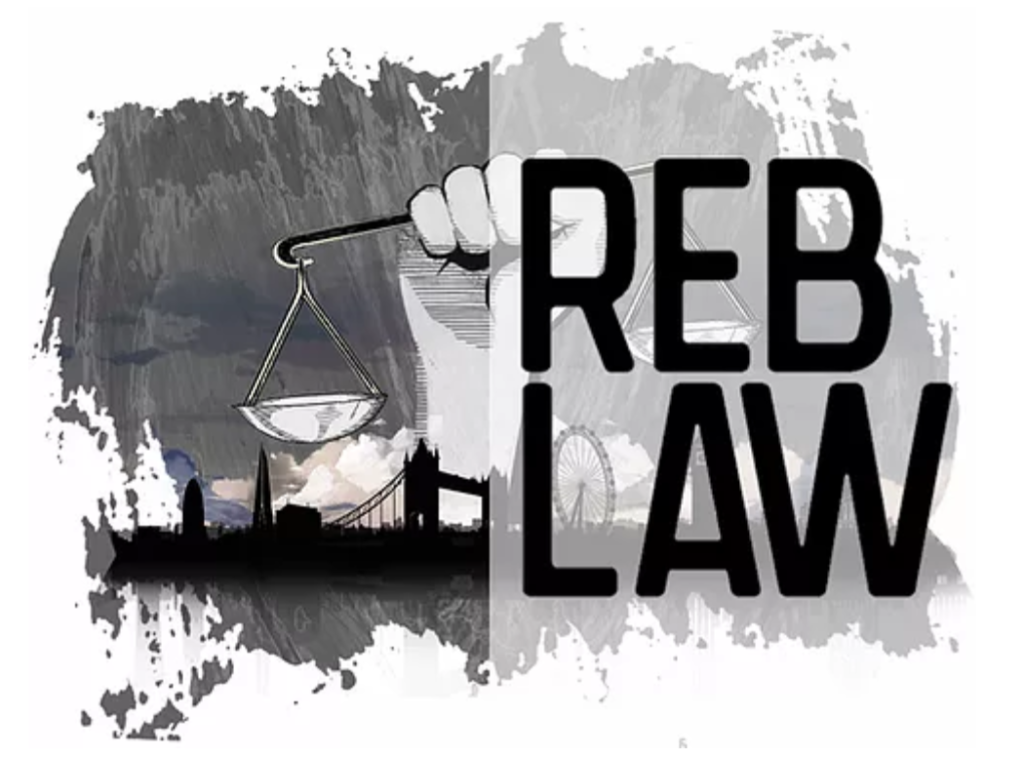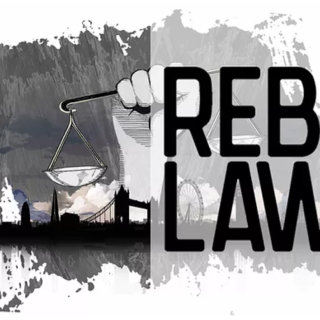On Tuesday 17th November at RebLaw UK (sponsored by ULaw and Garden Court Chambers) I attended a seminar on ‘Challenging Workplace Exploitation’. The panel consisted of various barristers, scholars and legal rights advocates in the UK.
Soapbox Advocacy Competition

The event started off with a Soapbox Advocacy Competition, in which 6 finalists were given five minutes each in a competitive battle to talk about an area of public interest of their choice, as well as suggest potential ways of reform. The panel of judges included: Fiona Bawdon, Head of Communications at the Legal Education Foundation, a charity which is dedicated to the advancement of legal education in the UK; Rebecca Kingli from the Young Legal Aid Lawyers Committee, an organisation dedicated to campaign for sustainable legal aid and increase social mobility and diversity within the legal sector; and Sonali Naik QC from Garden Court Chambers.
The six finalists all gave riveting speeches arguing for their area of reform. The first contestant, Finnian, spoke for the reform of sections 44 and 100 of the Employment Rights Act 1996, which limited the scope of the protection of employees in the workplace. What I liked about Finnian’s argument was the relevance of it to current affairs; despite the furlough scheme’s apparent protection of employees, workers have suffered greatly during the pandemic, and it was interesting to gain a legal perspective on it.
Contestant 2, Rebecca, took the number 1 spot through her enthralling talk about the failure of the partial defences of murder in protecting victims of domestic abuse. What I found particularly interesting about Rebecca’s approach was the comparison of the historical approach to domestic abuse cases to the modern approach, highlighting that over time not a lot has changed.
Contestant 3, James, argued that the exceptions to modern slavery provided by the section 45 of the Modern Slavery Act 2015 requires reform, as the objective test adopted by the Act does not accurately account for trauma victims of modern slavery experience. The blend of psychological studies with substantive law gave this argument a unique dimension, making it deserving of second place.

Contestant 4, Steven, took a creative take on the Criminal Justice and Public Order Act 1994, arguing that sections 63 to 67 put an unfair blame on the younger generation by banning raves. Contestant 5, Luke, also focused his speech on the COVID-19 Regulations, arguing that the restrictions endanger the LGBTQ community by imprisoning them in their homes with their abusers, and proposed that the regulations be amended to provide adequate mental and medical support (in the context of HIV/AIDS) to the LGBTQ community during the pandemic.
Lastly, Contestant 6, Esther, won the prize of second runner-up by giving a beautifully executed argument on the inherently flawed and discriminatory Equality Act 2010 which failed to incorporate intersectionality into its framework. A personal favourite, Esther’s argument resonated with myself and many others, and I certainly agreed with her argument that the current law is too rigid in its assumption that everyone has a homogenous experience.
Seminar on Challenging Workplace Exploitation
The second seminar gave us the opportunity to learn about various topics cantered around workplace exploitation from our panellists, which included: David Renton, Zehrah Hasan and Camila Besso from Garden Court Chambers, and Pavilina Draganova from Organise. Each panellist gave extremely interesting and educational talks, but for the purpose of this paragraph I will talk about the one I found most interesting: Jamila Duncan-Bosu’s discussion of domestic servitude.

Working with victims of human trafficking, Jamila explains the frequent cases of people – most often migrants – trapped in a household as an underpaid, or not paid at all, slave in the name of domestic servitude. What I found most surprising was that the Modern Slavery Act 2015 and subsequent government policy, effectively create a loophole for modern slavery, by providing an exception to the requirement of receiving at least the national minimum wage if the domestic worker is “treated as part of the family.” Her talk was thought-provoking and educational, and highlighted many weak aspects of the law which are in need of reform.
Conclusion

Overall, this part of the seminar was not only useful in educating participants on issues often overlooked in the legal sector, but also gave us the opportunity to gain valuable feedback from acclaimed professionals on how to stand out as a speaker.
Thanks to Tasfia for this excellent review of just one of the workshops and talks at RebLaw 2020. If you didn’t get a chance to attend this year, look out for it in 2021!
Tasfia Rahman is a third-year law student at City and a member of the Lawbore Journalist team. She has some experience in working in commercial and social law. She is considering a future in administrative and human rights law.

